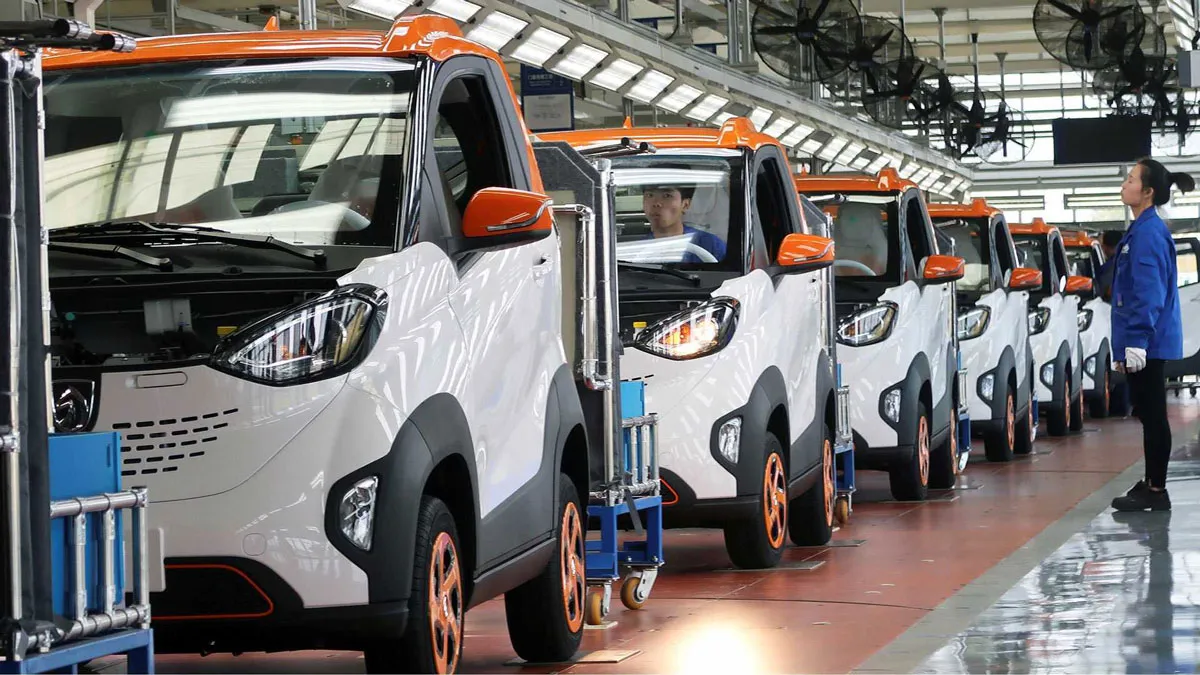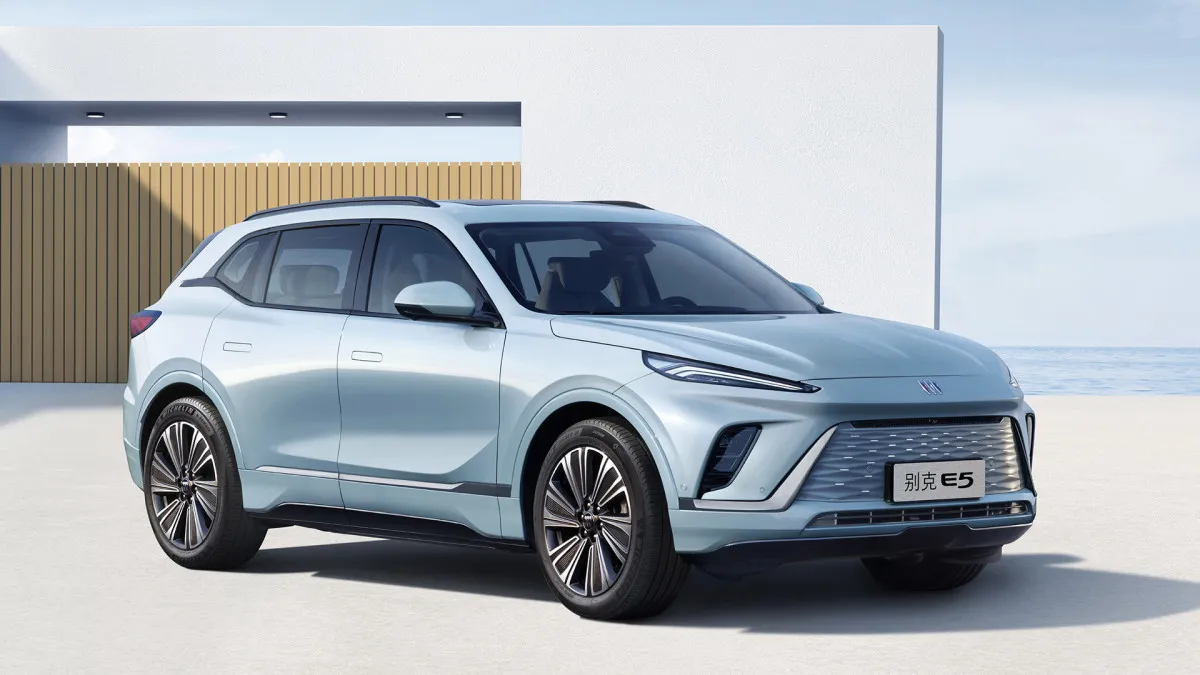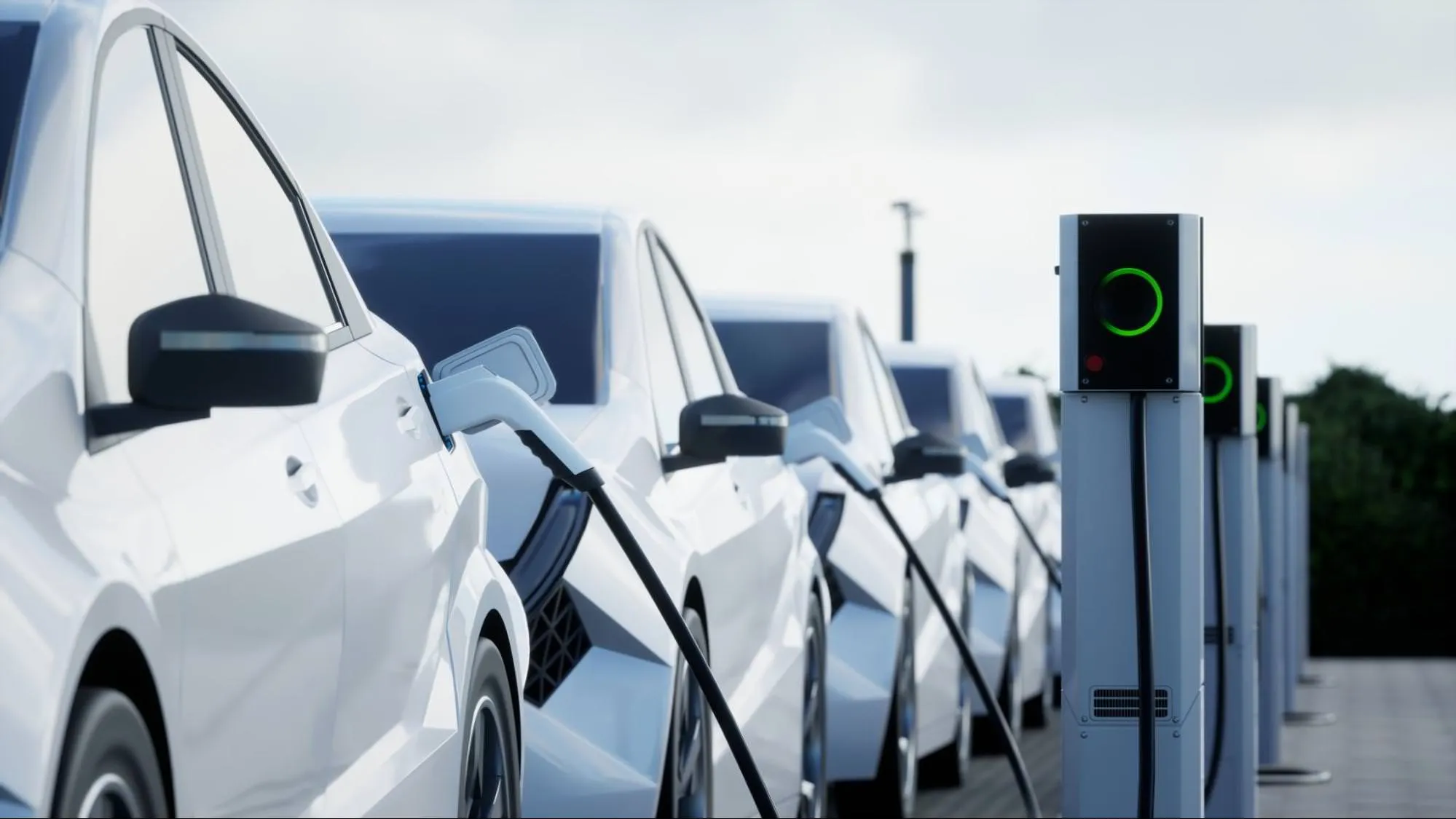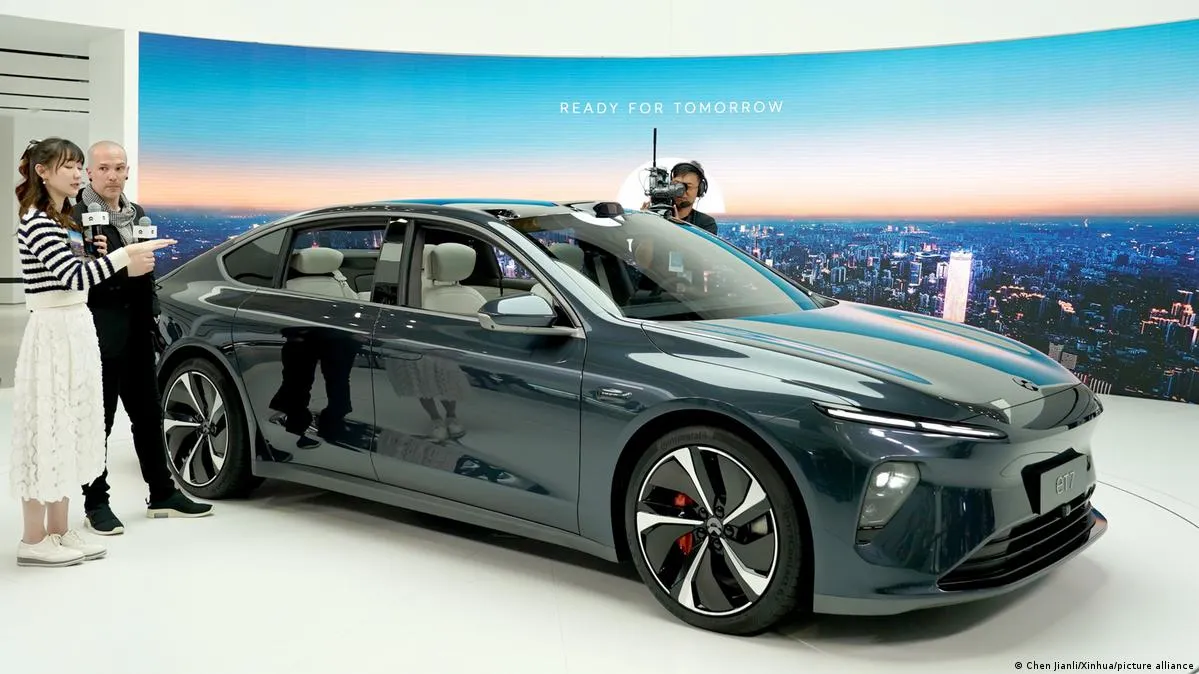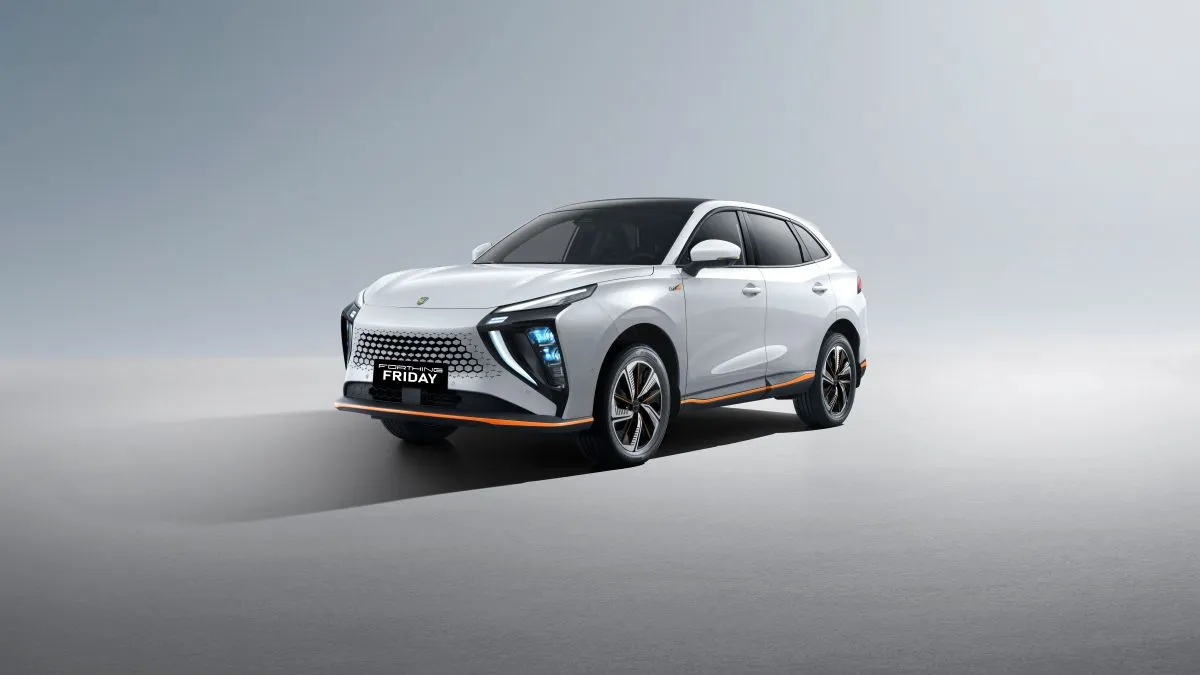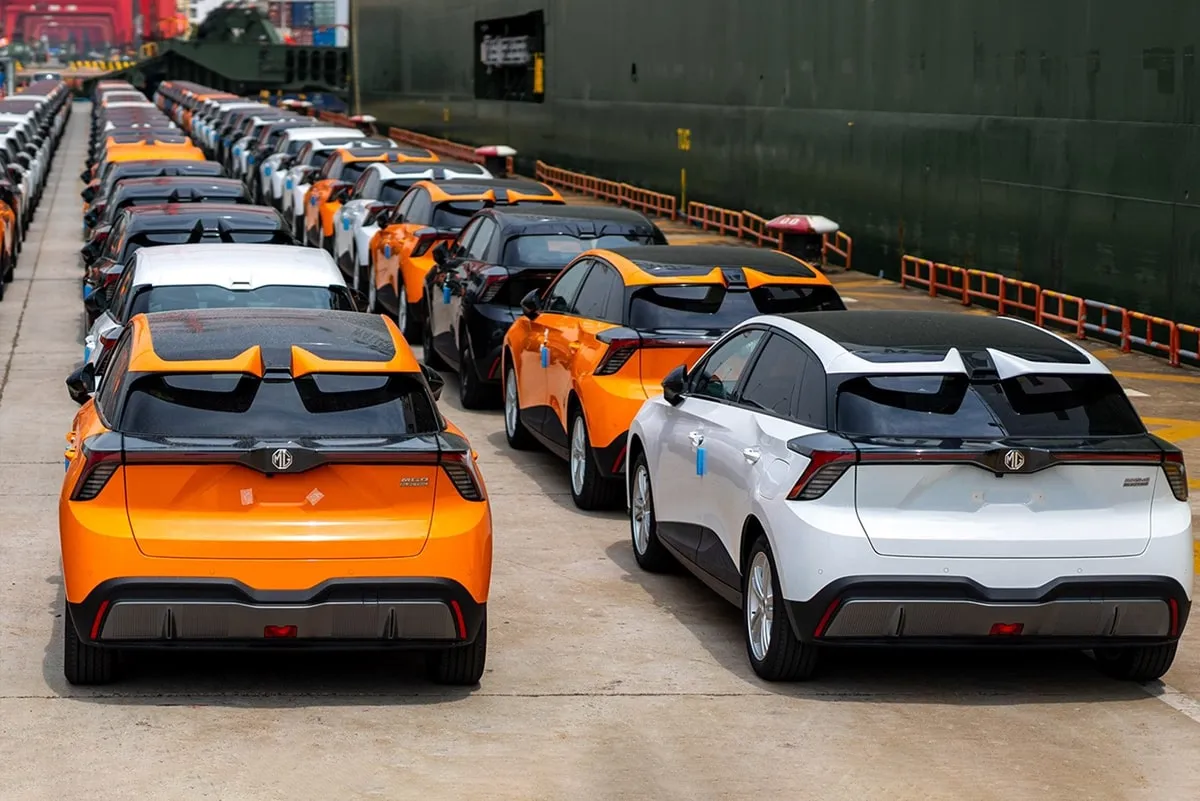
Our website is active and operational, with trading continuing undisrupted amidst a significant influx of traffic.
- Company
-
About Bold PrimeAbout Bold Prime
-
AwardsAwards
-
RegulationsRegulations
-
Why Bold PrimeWhy Bold Prime
-
Account OverviewAccount Overview
-
Prime News & ArticlesPrime News & Articles
-
Contact UsContact Us
-
- Promotions
-
1:3000 Leverage1:3000 Leverage
-
All Year BonusAll Year Bonus
-
PrimeStartPrimeStart

-
- PlatformNEW
-
Metatrader 4 & 5Metatrader 4 & 5
-
Bold Prime AppBold Prime App

-
- Securities
-
CFD Foreign ExchangeCFD Foreign Exchange
-
CFD StocksCFD Stocks

-
- Partner
-
Introducing BrokerIntroducing Broker

-
- Education
-
Bold Prime Trading SchoolBold Prime Trading School
-
Economic CalendarEconomic Calendar
-
Online WebinarNewOnline Webinar

-
- CopyTrade
-
Copy TradingCopy Trading

-
- Company
-
About Bold PrimeAbout Bold Prime
-
AwardsAwards
-
RegulationsRegulations
-
Why Bold PrimeWhy Bold Prime
-
Account OverviewAccount Overview
-
Prime News & ArticlesPrime News & Articles
-
Contact UsContact Us
-
- Promotions
-
1:3000 Leverage1:3000 Leverage
-
All Year BonusAll Year Bonus
-
PrimeStartPrimeStart

-
- PlatformNEW
-
Metatrader 4 & 5Metatrader 4 & 5
-
Bold Prime AppBold Prime App

-
- Securities
-
CFD Foreign ExchangeCFD Foreign Exchange
-
CFD StocksCFD Stocks

-
- Partner
-
Introducing BrokerIntroducing Broker

-
- Education
-
Bold Prime Trading SchoolBold Prime Trading School
-
Economic CalendarEconomic Calendar
-
Online WebinarNewOnline Webinar

-
- CopyTrade
-
Copy TradingCopy Trading

-

- Company
-
About Bold PrimeAbout Bold Prime
-
AwardsAwards
-
RegulationsRegulations
-
Why Bold PrimeWhy Bold Prime
-
Account OverviewAccount Overview
-
Prime News & ArticlesPrime News & Articles
-
Contact UsContact Us
-
- Promotions
-
1:3000 Leverage1:3000 Leverage
-
All Year BonusAll Year Bonus
-
PrimeStartPrimeStart

-
- PlatformNEW
-
Metatrader 4 & 5Metatrader 4 & 5
-
Bold Prime AppBold Prime App

-
- Securities
-
CFD Foreign ExchangeCFD Foreign Exchange
-
CFD StocksCFD Stocks

-
- Partner
-
Introducing BrokerIntroducing Broker

-
- Education
-
Bold Prime Trading SchoolBold Prime Trading School
-
Economic CalendarEconomic Calendar
-
Online WebinarNewOnline Webinar

-
- CopyTrade
- Login
- Signup
- Company
-
About Bold PrimeAbout Bold Prime
-
AwardsAwards
-
RegulationsRegulations
-
Why Bold PrimeWhy Bold Prime
-
Account OverviewAccount Overview
-
Prime News & ArticlesPrime News & Articles
-
Contact UsContact Us
-
- Promotions
-
1:3000 Leverage1:3000 Leverage
-
All Year BonusAll Year Bonus
-
PrimeStartPrimeStart

-
- PlatformNEW
-
Metatrader 4 & 5Metatrader 4 & 5
-
Bold Prime AppBold Prime App

-
- Securities
-
CFD Foreign ExchangeCFD Foreign Exchange
-
CFD StocksCFD Stocks

-
- Partner
-
Introducing BrokerIntroducing Broker

-
- Education
-
Bold Prime Trading SchoolBold Prime Trading School
-
Economic CalendarEconomic Calendar
-
Online WebinarNewOnline Webinar

-
- CopyTrade
- Login
- Signup


